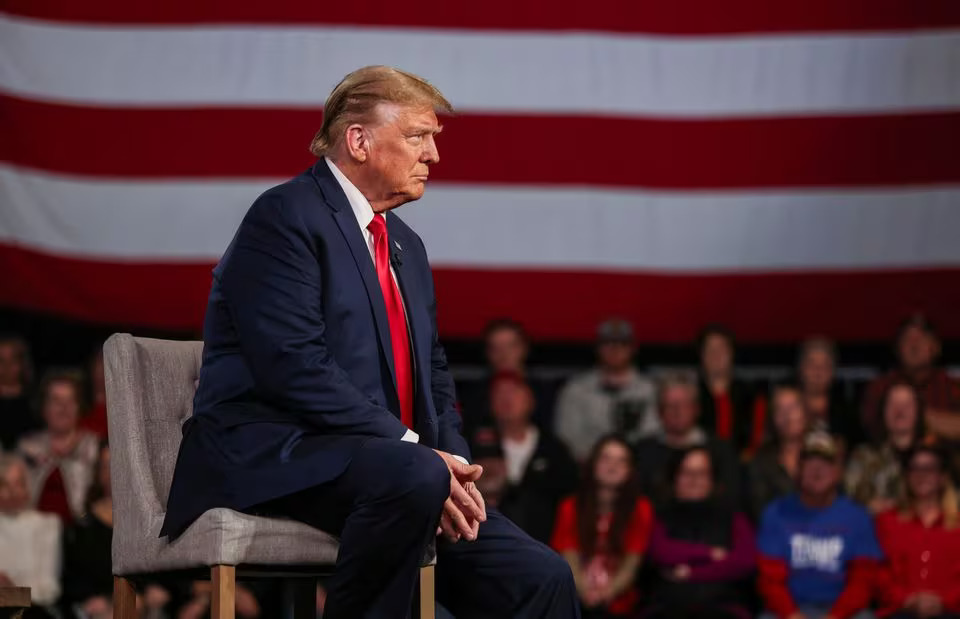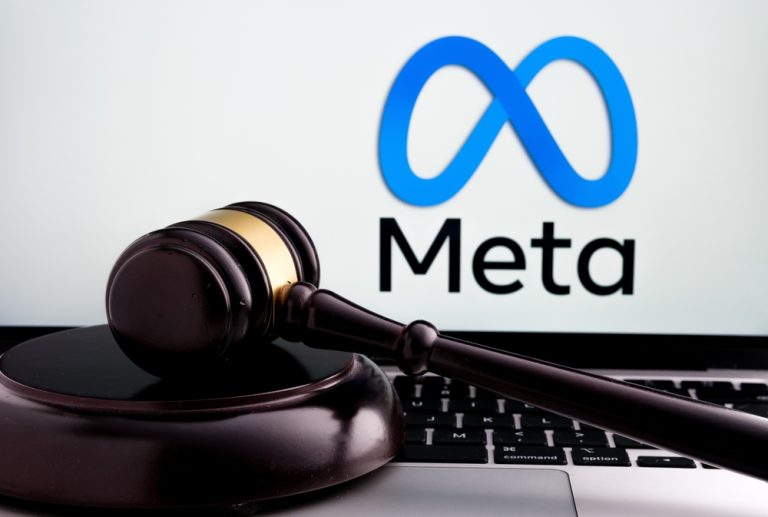In a bold statement, New York State Attorney General Letitia James has announced her readiness to seize former President Donald Trump’s assets, including his notable skyscrapers, if he fails to pay a $355 million fine levied against him for fraud. This fine stems from a recent ruling by a New York judge, which found Trump guilty of “repeated and persistent fraud,” notably inflating his net worth by up to $3.6 billion annually to secure favourable loan terms. The case marks a significant chapter in the legal challenges facing Trump, who is also a leading figure in the Republican party’s considerations for the next presidential nomination.
In her interview with ABC News, James firmly stated, “If he does not have funds to pay off the judgment, then we will seek judgment enforcement mechanisms in court, and we will ask the judge to seize his assets.” This statement underscores the severity of the consequences Trump faces if he cannot meet the financial demands of the judgment.
Despite the looming threat of asset seizure, Trump maintains his innocence, vehemently denying any wrongdoing and attributing the charges to what he perceives as James’ partisan bias. He is currently appealing the fine, arguing that his actions did not produce any real victims. However, James refutes this claim, emphasizing the gravity and widespread impact of financial fraud. “He engaged in this massive amount of fraud. It wasn’t just a simple mistake, a slight oversight; the variations are wildly exaggerated, and the extent of the fraud was staggering,” James commented, highlighting the deliberate nature of Trump’s actions.
As the legal battle unfolds, the implications of this case extend beyond the financial realm, touching on issues of accountability, the integrity of economic practices, and the potential political fallout for Trump. The situation remains fluid, with the appeal process set to determine the next phase of this high-stakes legal drama.
The confrontation between Donald Trump and the New York State Attorney General signifies a critical juncture in Trump’s post-presidency life, potentially altering his financial landscape and political prospects. As both sides prepare for the next round of legal proceedings, the outcome of this case could set a precedent for how financial fraud, particularly at such a high level, is addressed and penalized in the United States.






















